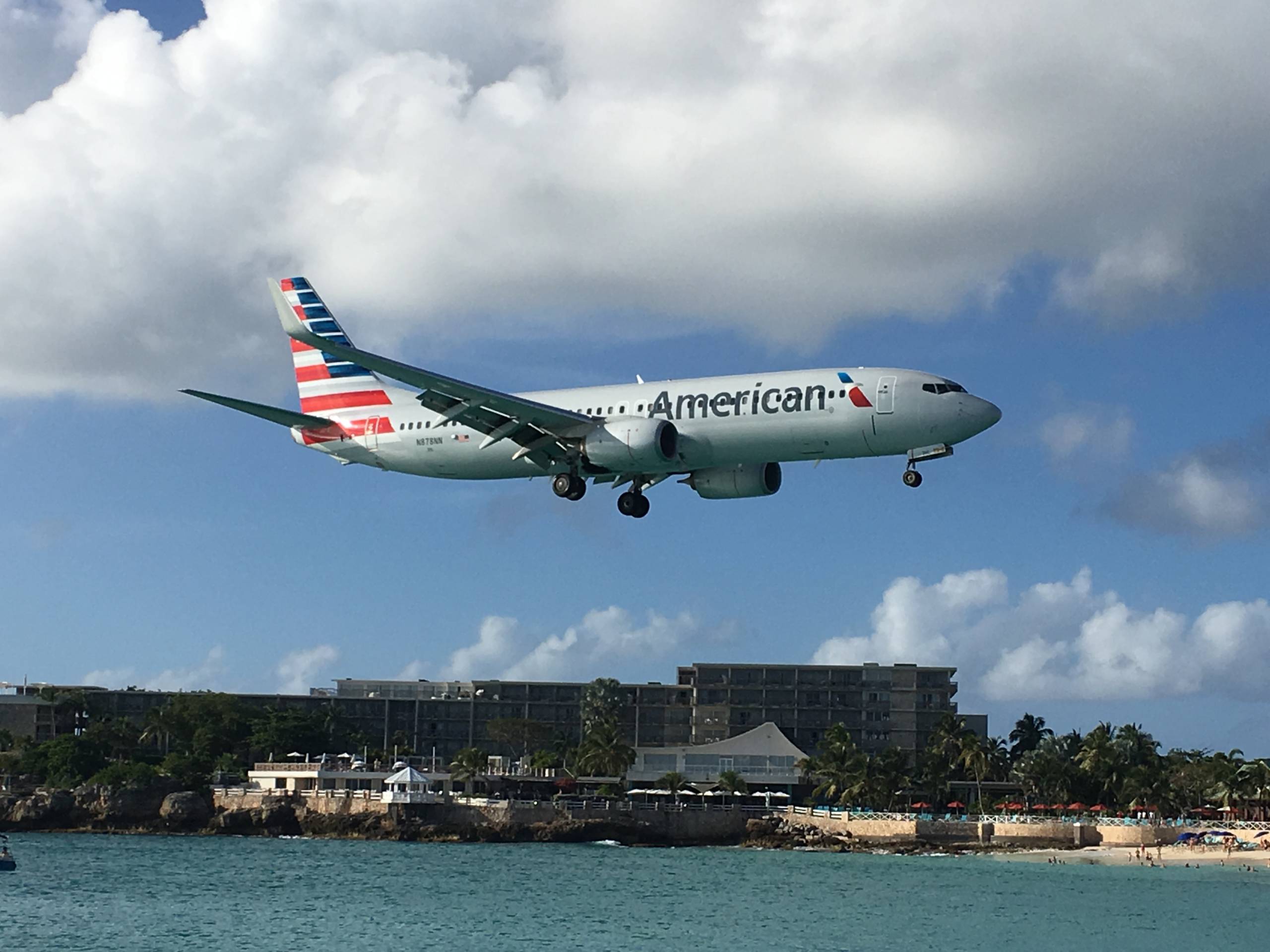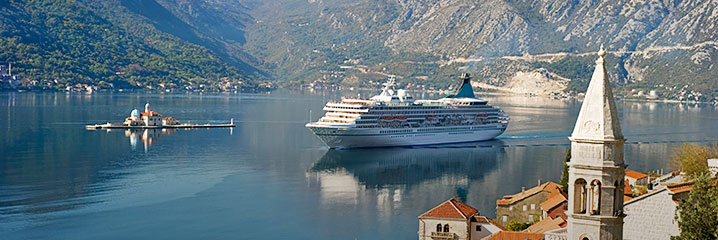
Learning how to speak Spanish is one of the most important things you can do when visiting Spain. You can learn more about Spain's climate, language, culture and language. Tipping is also an option. Learn a foreign language can be frustrating. These mistakes are part of the learning process. It is important that you accept them. Ideally, you should have a trusted Spanish-speaking friend to listen to your conversations and correct your errors. You can improve your fluency by getting real-time feedback.
Spanish language
8% of the global population speaks Spanish. There are many dialects of this language. Each has its own unique vocabulary and grammar. However, they are all generally intelligible. Learning a few basics of the Spanish language can make it easier to communicate with other Spanish speakers.

Culture
Spain's culture is marked with a strong sense and connection to family. This includes immediate family and extended family. Although Spain is a conservative society, it has made great strides in individual rights. It was the first country to allow same-sex marriage.
Climate
Spain's climate tends to be temperate. At sea level, the average temperature is about 14oC. However, it can vary depending on altitude. Some regions can experience temperatures as high as 30oC. Spain's climate is often described as European or Mediterranean in its nature.
Tipping
Tipping in Spain is up to you. Tipping in Spain is a matter of personal choice. It may be anywhere from 5-10% of your total bill. Only tip outstanding service. This is a far cry from US custom, which often requires a percentage of the total bill.
Visa Application
Visas are required for any trip to Spain. Online applications are possible or you can visit a local consulate. But, be aware that consulates can have different regulations. You may want to verify their website before scheduling an appointment.

How to get around
If you are on a tight budget, public transport is your best bet to get around Spain. Bus travel is convenient and affordable. Nearly all cities have a bus station where you can buy tickets online and pay the driver at stop. Most buses are comfortable and have WIFI and charging ports. You can also access timetables online. Buses also run on schedule and most have assigned seating.
FAQ
When traveling, what should you remember?
Traveling can be stressful. You'll often find yourself in situations where you have little time to make decisions. Be ready to adapt.
It is possible to be stuck anywhere for hours, days or even weeks. If you plan ahead, you will have food, water and shelter. But, if not, you might have the need to improvise.
In these instances, you may need to rely only on what you are good at. You will have to rely on your instincts and experience to make quick decisions.
Sometimes you don't have a choice. It could happen that you are stranded without cell phone coverage, run out of gas, or have been robbed. These situations will require you to quickly adapt to the situation.
You must remain calm, be focused and take decisive action. Don't panic. Instead, be calm and focus on what you can do.
You can, for example, choose the direction you want to travel if you get lost in the woods. You can also eat berries and mushrooms if you feel hungry. If you're thirsty, you can drink rainwater or melt snow.
Rest if your tired. If you're cold, you can bundle up. If it is wet, you have the option to change clothes. Whatever you decide, you'll feel better if you stay positive.
What should I do with my luggage?
There are many choices. One of the most popular options is to use airport lockers. They are generally located near security. These lockers cost $5-10 per day depending on their size.
Another option is to rent a storage unit. These units are commonly found outside shopping centers or large hotels. There are discounts available for multiple units, although prices can vary.
Another option is to hire porters. A porter will take your luggage from the carousel and bring it to your room. You pay a small fee each time he helps you.
What should you bring on vacation?
You need to know what you want to do on your holiday. It's not just about packing clothes. Also, think about where and how long your stay there.
Think about the activities that you are interested in. Scuba diving is a great option if you're going to exotic destinations. If you are planning to stay somewhere longer, then you might want to take part in local festivals or events.
If you have any health issues, then it is important that you tell the people who will be looking after you so they can plan accordingly.
What can I pack in my bag?
Two pairs of shoes is a good rule of thumb. One pair for walking around the city and another pair for going on vacation.
It is important to ensure you have enough clothes for both. If you are traveling by plane, you need to make sure you have an extra shirt, pants, underwear, and socks.
You may want to consider bringing some extra clothing with you if your plans are to stay for a longer period of time. You won't feel uneasy when shopping for new outfits.
If you're taking a bus or train, you'll need to bring some comfortable shoes. If you drive, make sure you have a spare set.
You'll also need to pack plenty of toiletries such as soap, shampoo, toothpaste, deodorant, and moisturizer.
Finally, don't forget a flashlight, insect repellents, sunscreen, sunglasses, a hat and a first-aid kit.
Make sure you have all the items in one bag. That way, you'll save time and space.
Finally, remember to bring a small towel or washcloth. You'll be able to use them when you take a shower after a long day.
How do you travel light?
There is no right or wrong way to pack for a trip. Here are some tips that will help you make the right choice when packing for your next trip.
-
Only take what you actually need.
-
Pack only what you'll actually wear.
-
Do not overpackage yourself with items.
-
Take enough room in your suitcase
-
Always double-check that you've packed everything you need.
-
Take advantage of free storage facilities.
-
Use reusable water bottles instead of buying bottled water.
-
Use a backpack to carry your stuff instead of a bag.
-
When possible, walk or cycle instead of taking public transport.
-
Select the right bag size
-
Be careful not to carry large items.
-
You should be prepared for every eventuality
-
Don't leave anything behind
Statistics
- That's an 18% jump from 2019, the previous record year. (travelandleisure.com)
- Alcoholic beverages with more than 24% but not more than 70% alcohol are limited in checked bags to 5 liters (1.3 gallons) per passenger and must be in unopened retail packaging. (tsa.gov)
- You can use compression sacs or cubes to reduce the volume of your clothes by up to 80%—this is especially convenient for bulky items such as sweaters and jackets. (eaglecreek.com)
- Between the ages of 11 and 13, kids, or tweens, will likely want some autonomy but also need boundaries. (travelandleisure.com)
- They're also likely to offer babysitting services, in case you'd like to have dinner one night after 7 p.m. (travelandleisure.com)
External Links
How To
How to Travel Cheaply
Travel is a very popular activity. But, it can be expensive. Traveling is costly due to high costs of lodging, hotel rooms, rental cars, transportation and food. This is even more true if you have a family. How can we make traveling more affordable?
It is possible to start by looking for ways that we can cut down on costs. Plan your trip well in advance to receive discounts on airfares, hotel rooms and car rentals. If you choose a budget hotel, you can save money. A hostel offers basic accommodation for $20 per night if you don’t want to spend too little. You can also rent a room in someone else's home by using public transport or Airbnb.
You should also consider spending a little bit more to avoid paying extra fees. If there's no Wi-Fi, then you might consider purchasing a SIM card. This way, you won't have to worry about paying roaming charges. If you are going outside, get a pizza and pasta to reduce your costs.
Another thing you can do is try to share the expenses with others. To split the bill, you could ask family members or friends. Perhaps you could work together to book your tickets. You can save money and stress by sharing expenses.
If you still can't afford to travel, then remember that you can always go hiking or camping. These activities are often completely free. It is important to bring water, snacks, sunscreen repellent, insect repellent, a first-aid kit, flashlight, a sleeping bag, and other supplies.
There are many methods to make it affordable. Try to think creatively and come up with ideas that are unique to you!